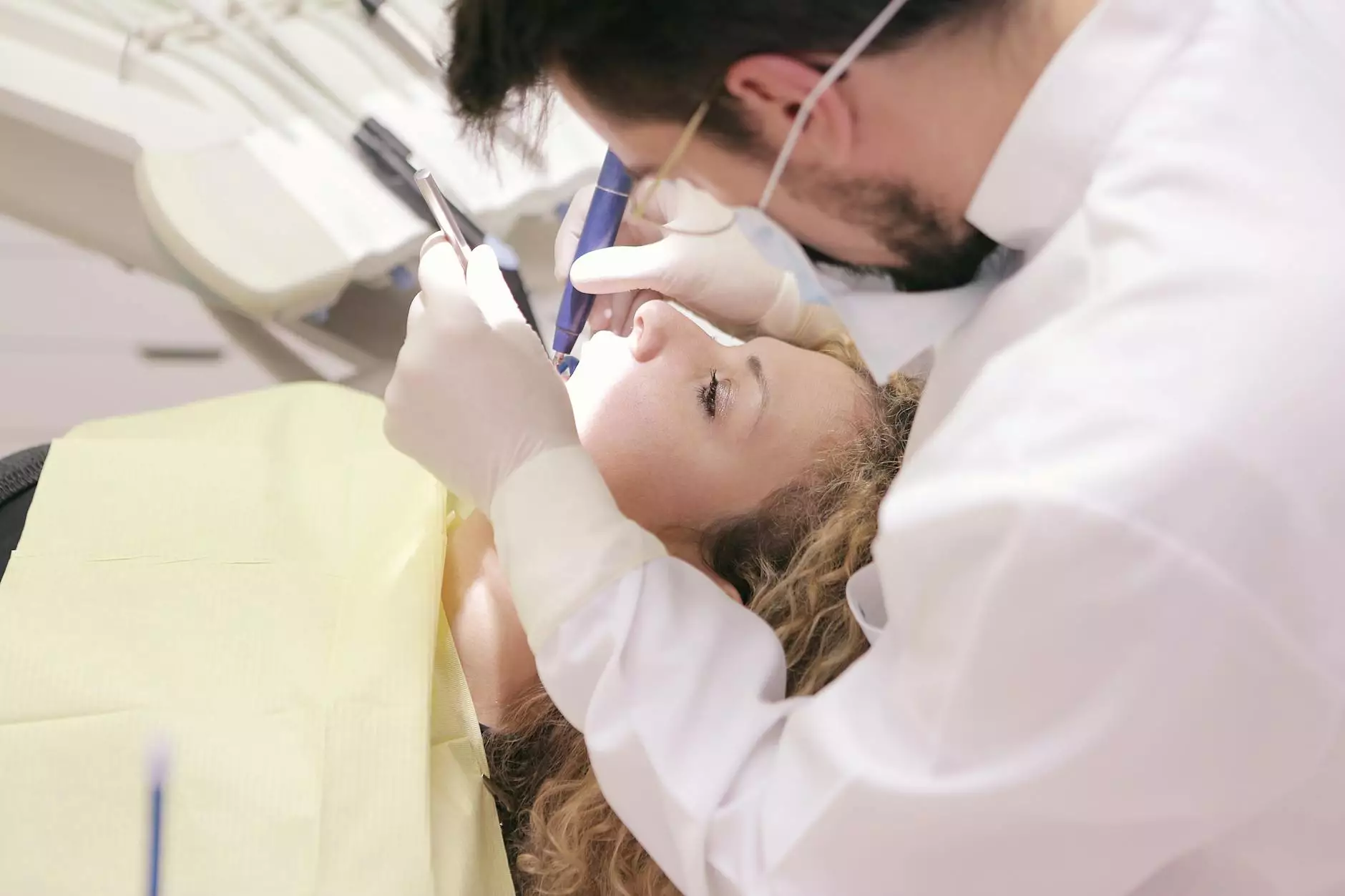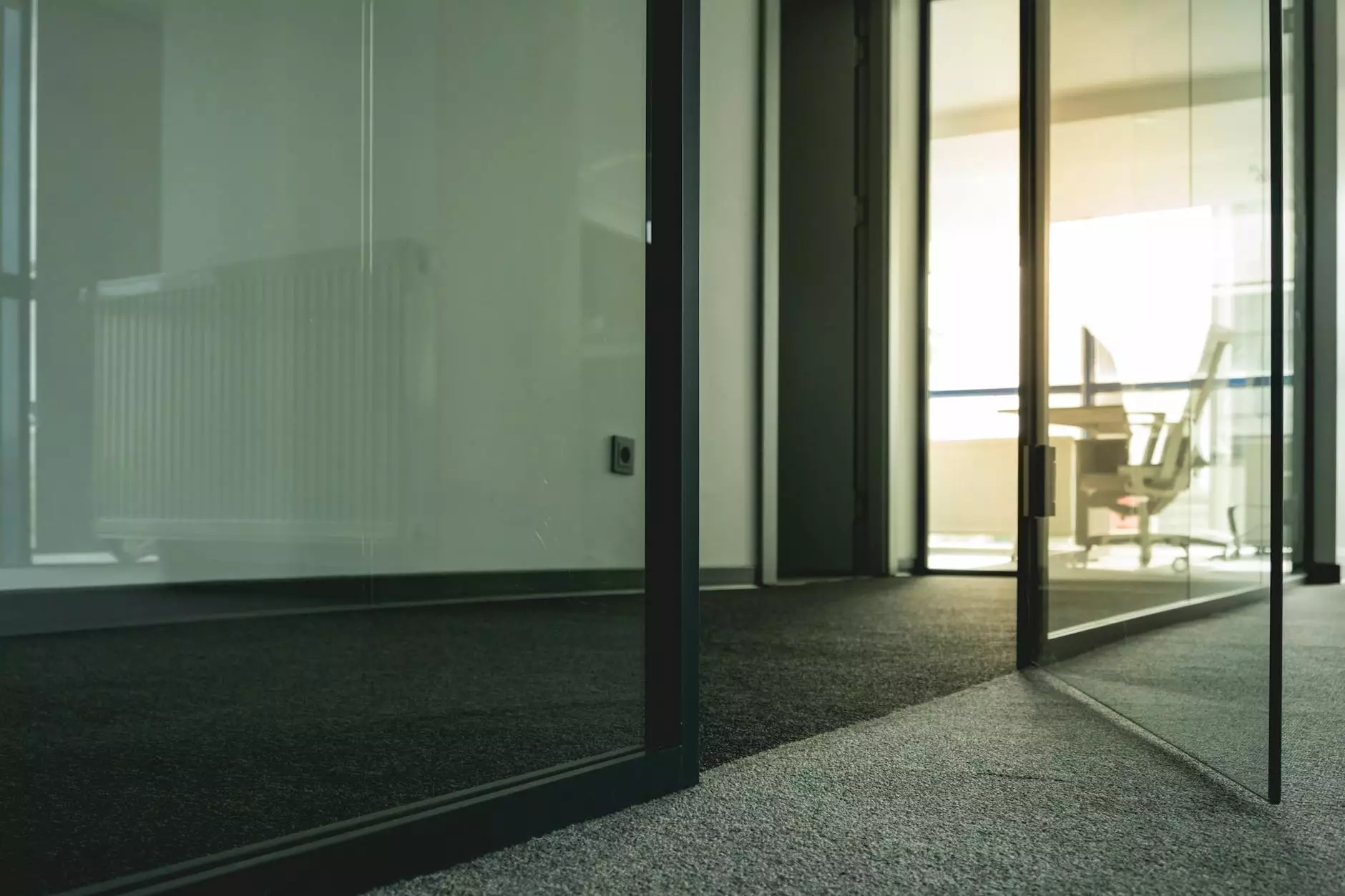Understanding Endometriosis

Endometriosis is a complex and often debilitating condition that affects millions of women worldwide. It occurs when tissue similar to the lining inside the uterus, known as endometrial tissue, begins to grow outside of the uterus. This can lead to significant pain, infertility, and various other health complications. As a condition that is both physically and emotionally challenging, seeking help from a specialized doctor is crucial for effective management and treatment.
The Role of Excision Specialists in Endometriosis Treatment
Among the various treatments available for endometriosis, surgical excision by specialized surgeons stands out as one of the most effective methods. Excision specialists for endometriosis in NYC are trained to delicately remove endometrial tissue while preserving surrounding organs and tissues. This technique often leads to significant pain relief and better quality of life for patients.
Why Choose an Excision Specialist?
- Expertise: Excision specialists have extensive training and experience in diagnosing and treating endometriosis.
- Minimally Invasive Techniques: Many specialists utilize laparoscopic surgery, which involves smaller incisions and faster recovery times.
- Comprehensive Care: They focus on the patient’s overall health, providing personalized treatment plans and support.
- Improved Outcomes: Studies show that patients who undergo excision surgery experience lower rates of recurrence compared to other treatment methods.
What to Expect During Your Consultation
During your initial visit to a specialist for endometriosis in NYC, you can expect a thorough evaluation of your symptoms, medical history, and possibly a physical examination. The specialist may also recommend imaging tests or ultrasounds to understand the extent of your condition. These steps are essential for crafting a tailored treatment plan that meets your unique needs.
Key Questions to Ask Your Excision Specialist
It's important to come prepared for your consultation. Here are some questions you might consider asking:
- What is the extent of my endometriosis?
- What are the recommended treatment options?
- What can I expect during the recovery process after surgery?
- What are the risks and benefits of excision surgery?
- How many similar procedures have you successfully performed?
The Surgical Procedure: What You Should Know
Excision surgery involves carefully removing endometriosis lesions and any adhesions that are causing discomfort or infertility. The surgery can be performed using different techniques, primarily laparoscopic or open surgery, depending on the individual case.
Laparoscopic Excision
Laparoscopic excision is a minimally invasive procedure where the surgeon makes small incisions in the abdomen, allowing the use of a camera and specialized instruments to remove the endometric tissue. This method typically results in:
- Less pain and discomfort post-surgery
- Shorter hospital stays
- Quicker recovery times, allowing patients to resume normal activities sooner
Open Surgery
In more severe cases, open surgery may be required. This involves a larger incision and a more extensive procedure, but it could be necessary to remove deeply infiltrating endometriosis. Key points to consider include:
- Longer recovery times
- Greater surgical risks
- Comprehensive evaluation of the abdominal and pelvic cavities
Recovery After Excision Surgery
Recovering from endometriosis excision surgery varies from patient to patient, but there are common aspects to be aware of. Immediate post-operative care usually includes:
- Managing pain with prescribed medications
- Following specific guidelines regarding rest and activity levels
- Monitoring for any complications such as infection or excessive bleeding
Most patients can return to light activities within a week, but full recovery can take several weeks. Support from family, friends, and healthcare professionals during this time can be invaluable.
Long-term Management of Endometriosis
Excision surgery is a significant step towards managing endometriosis, but long-term care is just as important. After surgery, patients should:
- Attend regular follow-up appointments with their specialist
- Monitor and manage symptoms effectively
- Engage in lifestyle modifications, such as exercise, a healthy diet, and stress management techniques
Importance of a Holistic Approach
Managing endometriosis is not just about addressing physical symptoms; it's also essential to consider mental and emotional well-being. Many specialists, such as those at drseckin.com, emphasize a holistic approach, which can include:
- Counseling or therapy to help deal with emotional challenges
- Support groups for sharing experiences and coping strategies
- Complementary therapies, such as acupuncture or yoga
Choosing the Right Excision Specialist in NYC
When searching for an excision specialist for endometriosis in NYC, consider the following factors:
- Credentials: Ensure the specialist is board-certified and has specific training in endometriosis management.
- Experience: Look for a surgeon with a proven track record of successful excision surgeries.
- Reputation: Read reviews and testimonials from previous patients to gauge satisfaction and care quality.
- Supportive Environment: Choose a practice where you feel comfortable discussing your concerns and questions.
Conclusion
Endometriosis is a challenging condition, but with the right specialist and treatment plan, patients can find effective relief and reclaim their quality of life. When searching for an excision specialist for endometriosis in NYC, consider the expertise and comprehensive care options available, particularly at drseckin.com. The journey to managing endometriosis effectively starts by taking the first step to seek specialized care, making an informed decision about your health, and prioritizing your well-being.
excision specialist for endometriosis nyc








